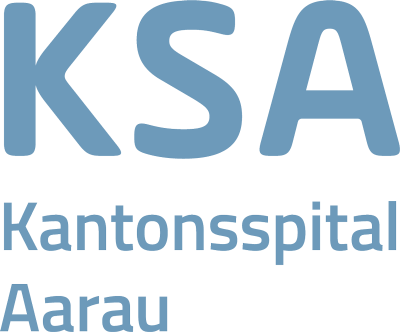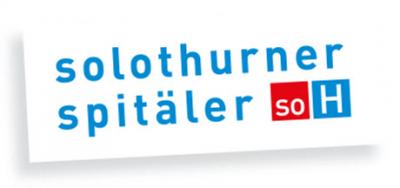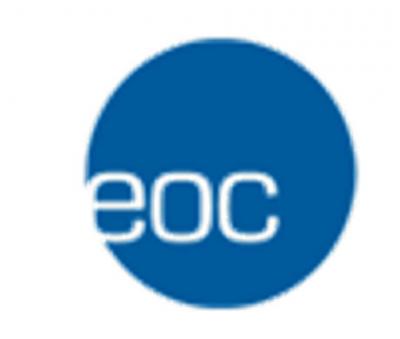A pro- and retrospective registry of patients with ovarian cancer
Coordinating investigator
The main goal of the SAKK OvCaR registry is to improve the understanding of diagnostic and treatment modalities as well as the outcome of patients with ovarian cancer in Switzerland
In Switzerland, about 700 women are diagnosed with epithelial ovarian cancer (EOC) and another 50-100 with rare non-EOC every year. Despite new therapies, relapse occurs in about 60-70% of all cases. Standard treatment usually involves optimal cytoreductive surgery, chemotherapy, and maintenance treatment with an anti-angiogenic agent and/or Poly(ADP-ribose)-Polymerase (PARP) inhibitors. So far, Switzerland lacks a nation-wide registry to allow structured data collection with a focus on disease and treatment patterns for ovarian cancer. This registry aims to collect data from patients with ovarian cancer in routine clinical practice in Switzerland.
Registry and study
SAKK OvCaR is a national, multicenter, exploratory data registry collecting prospective and retrospective data from patients with ovarian cancer. In the first part, a registry will be set up to record health-related data of patients with ovarian cancer. In the second part, the collected data will be used to analyze treatment patterns and patients’ responses. Importantly, patients participating in interventional clinical trials are allowed to be enrolled in the registry and vice versa. Additionally, all anti-cancer treatments may be used (in- and off-label). The registry collects data such as patient demographics, clinicopathologic factors (such as histology and Fédération Internationale de Gynécologie et d'Obstétrique [FIGO] stage), cancer therapies, genetic data on the tumour, and follow-up/survival status.
Aims of the analyses
The predominantly descriptive analyses will aim to assess factors such as survival outcome, treatment modalities, and diagnostic patterns, including molecular data. Patient enrollment in the registry will end after 1000 participants have entered the two different cohorts:
- Cohort A: Retrospective patients (FIGO stage I-IV ovarian cancer) – patients who signed the general consent of the hospital but are only included into the registry after death (limited to 250 patients)
- Cohort B: Prospective patients (FIGO stage I-IV ovarian cancer) – patients who are currently treated at a participating site or are diagnosed with ovarian cancer during the enrollment period; collection of retrospective and prospective data (approximately 750 patients)
The following endpoints will be investigated:
- Primary endpoint: overall survival (OS) since first diagnosis of ovarian cancer
- Secondary endpoints:
- Progression-free survival (PFS) by treatment line since start of the treatment
- PFS since diagnosis
- Duration of maintenance therapy by treatment line
- Incidence of adverse events of special interest (such as leukemia, myelodysplastic syndrome, treatment-related pneumonitis)
















